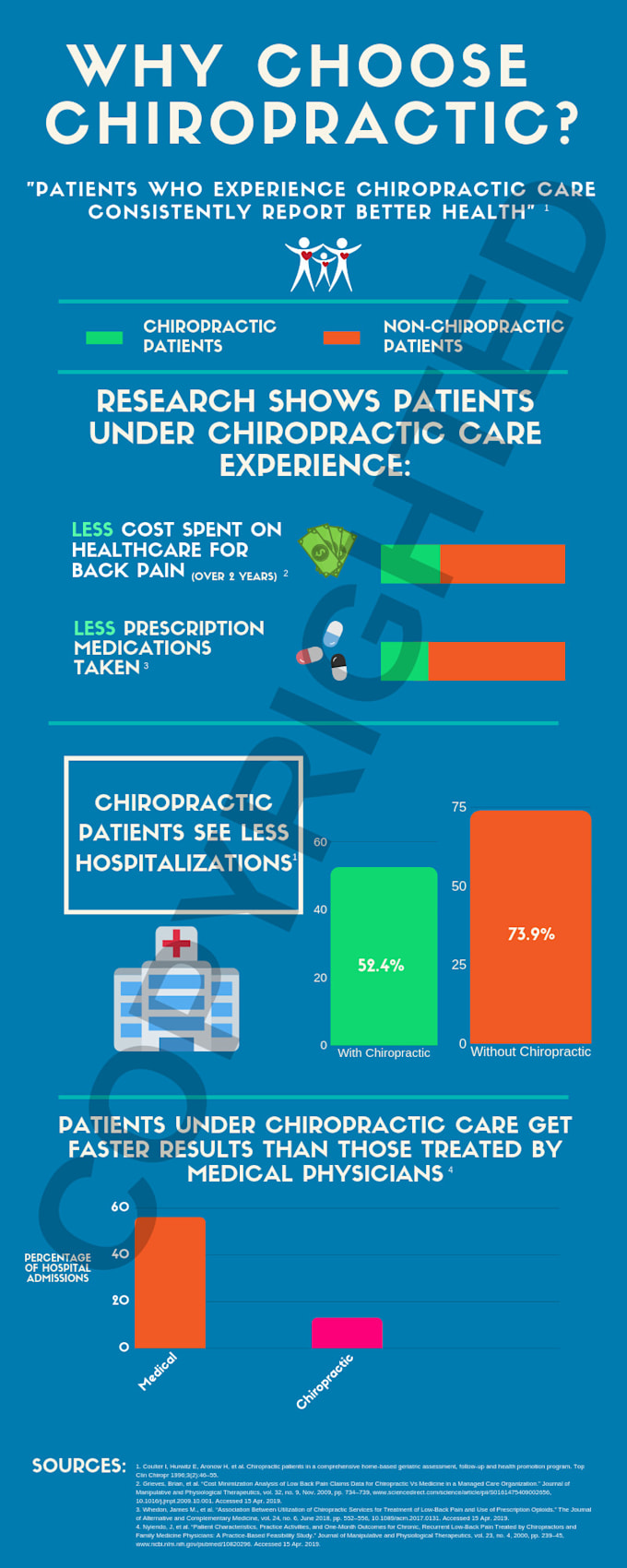Indicators You May Demand Soft Tissue Therapy For Pain Relief
Indicators You May Demand Soft Tissue Therapy For Pain Relief
Blog Article
Content Author-Damgaard Dennis
If you have actually been managing relentless muscular tissue stress or rigidity, you may be questioning if there's a far better remedy than just over the counter pain relief. Restricted range of motion and recurring discomfort after an injury can seriously affect your daily life. These indications often indicate that your body requires extra targeted treatment. So, just how do you understand when it's time to think about soft Tissue treatment? Let's check out some essential indicators that might stun you.
Persistent Muscle Stress and Stiffness
If you often find yourself really feeling tight and rigid after a lengthy day, you could be managing persistent muscular tissue tension. This pain can slip in from everyday tasks, inadequate posture, or even stress and anxiety.
You may notice that certain areas, like your neck or shoulders, feel particularly tight, making it difficult to kick back. Disregarding this stress can lead to even more substantial issues, influencing your overall health.
You could find it challenging to relax or really feel exhausted despite getting enough rest. Incorporating normal stretches or mild motion can help reduce some of this stiffness, yet it mightn't suffice.
If the tension continues, looking for soft Tissue treatment can provide the alleviation you need, aiding to bring back equilibrium and comfort in your body.
Limited Series Of Activity
A restricted range of motion can substantially affect your day-to-day activities and overall lifestyle. You may find simple jobs, like reaching for an item on a shelf or bending down to tie your footwear, ending up being progressively difficult.
This constraint typically originates from tight muscle mass, joint problems, or previous injuries, making movement awkward or perhaps painful. When you can not move openly, it affects your ability to workout, play sporting activities, or engage in leisure activities you enjoy.
Soft Tissue therapy can assist minimize these problems by targeting the underlying muscle mass stress and boosting versatility. If you discover rigidity, pain, or a lack of ability to fully extend or flex your joints, it's worth thinking about treatment to recover your mobility and enhance your overall wellness.
Persistent Discomfort After Injury
Experiencing persistent discomfort after an injury can be aggravating and debilitating. You may've believed the pain would fade with time, yet when it lingers, it might signal a much deeper issue.
massage saint paul recurring discomfort may prevent your day-to-day activities and impact your lifestyle. You might discover stiffness, swelling, or sensitivity in the affected location, which can limit your ability to relocate freely.
If you have actually attempted rest, ice, or non-prescription medicines without success, it's necessary to think about soft Tissue therapy. This technique targets the muscular tissues, tendons, and ligaments bordering the injury, promoting healing and discomfort alleviation.
Do not let consistent pain control your life-- choose professional assistance to get back on the right track and regain your flexibility.
https://hectorzskbt.frewwebs.com/33614593/can-soft-tissue-treatment-help-with-stress-relief
If you're experiencing persistent muscle mass tension, limited range of movement, or relentless discomfort after an injury, it's time to think about soft Tissue treatment. Neglecting these signs can result in more pain and prevent your day-to-day activities. Rather than counting solely on non-prescription drugs, looking for professional assistance can properly address your signs and symptoms and advertise recovery. Do not await your pain to intensify-- act currently and enhance your quality of life with the right therapy.
